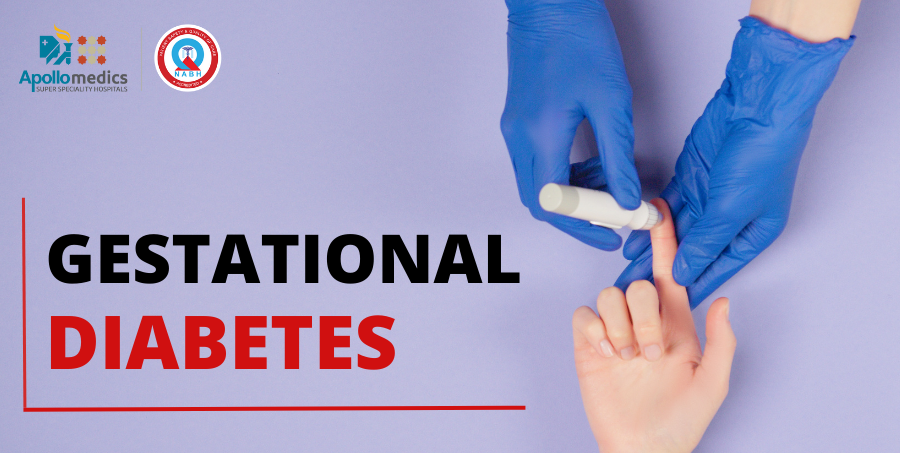What is Gestational Diabetes
Blood sugars sometimes rise during pregnancy, which is otherwise normal. The condition of rising blood glucose during pregnancy is called gestational diabetes mellitus (GDM). Usually, it has been seen that the blood glucose of pregnant women rises during the period of 24-28 weeks of gestation, but it is not the case with all pregnant women.
Test for Gestational Diabetes
In many cases, a rise in blood sugar is observed in the initial weeks of gestation, the test, which is performed, for confirmation is called OGTT (Oral Glucose Tolerance Test). The recommendations given by the International Association of Diabetes and Pregnancy Study Group (IADPSG), which was endorsed by ADA, based on the Hyperglycaemia and Adverse Pregnancy Outcome (HAPO) study is to test blood glucose on the first prenatal visit, fasting plasma glucose, HbA1C or random plasma glucose in all women.
If results are not diagnostic of overt diabetes and fasting, plasma glucose ≥ 92 mg/dl diagnosis of GDM is made. If fasting glucose is < 92mg/dl at the first antenatal visit a 2-hour 75g OGTT should be repeated at 24-28 weeks
Causes
The lack of insulin is not the cause of gestational diabetes, but due to insulin resistance, the blood glucose rise in pregnancy because of other hormones produced during pregnancy like human chorionic gonadotropin hormone (hCG), Human placental lactogen, Estrogen, and Progesterone. Hormones aldosterone and cortisol causes the body to retain fluid and sodium during pregnancy. All these hormones may start to make your body resistant to insulin, which leads to rising in blood glucose.
Diagnosis of Gestational Diabetes Mellitus
Upon diagnosis of gestational diabetes, you will be advised to do frequent blood glucose monitoring, follow proper dietary advice, and take medication or insulin injections as advised. If you are advised to take an insulin injection, bear in mind that it is important for a better outcome-a healthy baby, also post-delivery the insulin is withdrawn because blood glucose returns to normal levels.
In today’s world, good healthcare centres/hospitals have professionally trained diabetes educators who help a pregnant woman self-managing her condition during pregnancy for a healthy outcome. Women who plan pregnancy are advised to undergo pre-conception counselling with the gynaecologist.



